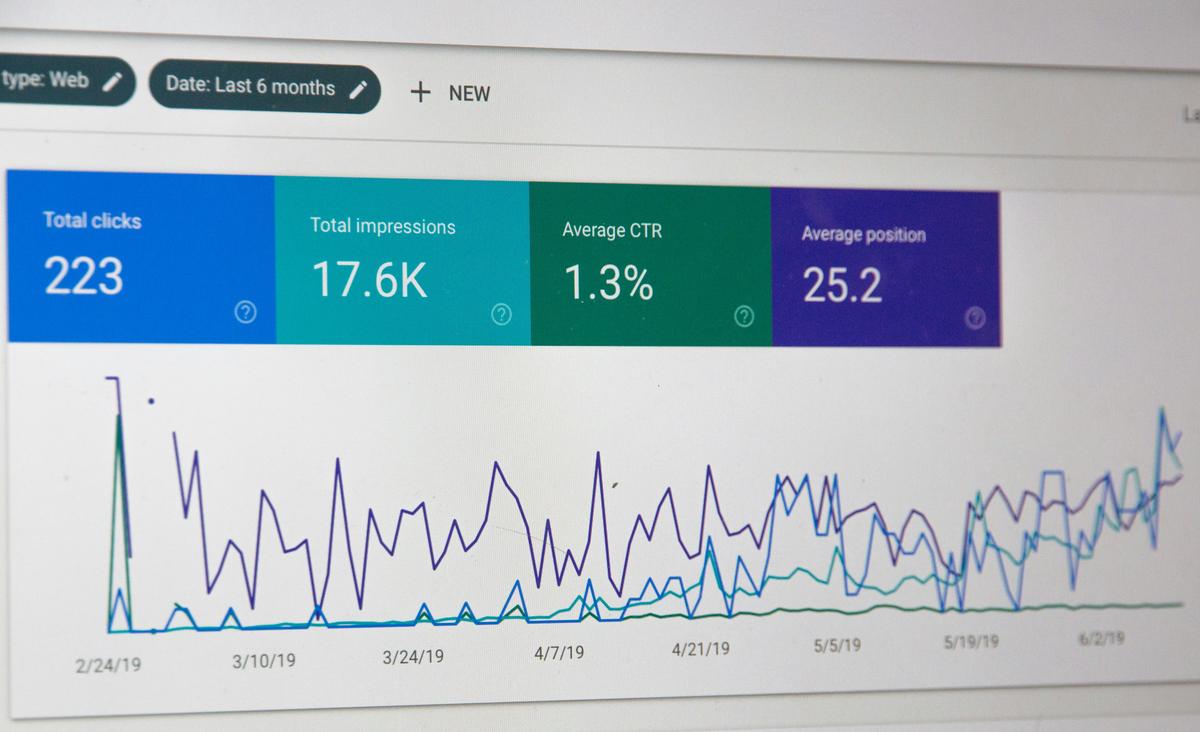When it comes to promoting a law firm online, understanding and implementing effective SEO strategies is key. This involves more than just knowing legal terms; it’s about connecting with potential clients in a way that they understand and appreciate. From choosing the right keywords to optimizing website content and building a strong online presence, each step is crucial for attracting more visitors and converting them into clients. This article aims to guide law firms through the essential steps of enhancing their online visibility, ensuring they stand out in a competitive digital landscape.
Keyword Research for Law Firms
Finding the right keywords for your legal practice involves understanding what your potential clients are searching for and how they’re searching for it. It’s essential to think like a client rather than a legal expert. This often means breaking down complex legal terms into simpler, more commonly used phrases. Tools like Google Keyword Planner and SEMrush can provide insightful data on search volume and competition for specific keywords. Begin by inputting general terms related to your practice area and analyze the results. This will give you a broad pool of keyword ideas to narrow down, considering relevancy and search intent.
Keywords are the cornerstone of effective online marketing for your legal practice. From there, integrating these keywords organically into your website content, blog posts, and even social media can boost your online visibility. Remember, it’s not just about the highest volume keywords; it’s about the right keywords that match the intentions of your potential clients. This strategic approach allows your legal services to appear in front of the eyes actively seeking them out. Leveraging local SEO by including location-based keywords can further refine your reach, ensuring you target clients in the areas you serve, making your practice more accessible to those in need of your expertise.

Optimizing Legal Website Content
Beyond the strategic selection and integration of keywords, the structure and quality of your legal content play pivotal roles in optimization. One best practice that shouldn’t be overlooked is the clarity and readability of your content. Legal topics can be notoriously dense and difficult to navigate for the layperson. Therefore, simplifying complex legal concepts without dumbing them down is an art form. Use short sentences, clear headings, and bullet points to break information into digestible chunks. This approach not only makes your content more accessible to a wider audience but also helps with your website’s SEO as search engines favor content that improves user experience.
Another critical area for legal content optimization is staying current with legal updates and proving your authority in your practice area. Search engines, particularly Google, prioritize content that demonstrates expertise, authority, and trustworthiness. Regularly updating your site with fresh content such as blog posts on recent legal developments, detailed explanations of law changes, or case studies showcases your firm’s knowledge and relevance. Including backlinks to reputable sites, such as court decisions or government regulations, further strengthens your content’s credibility. Doing so not only helps improve your search engine rankings but also builds confidence with potential clients who are looking for legal guidance they can trust. Remember, the goal is to establish your legal practice not only as a source of accurate legal information but also as a trustworthy advisor clients can turn to.

Building Quality Backlinks
Backlinks, essentially web links from one site to another, are the backbone of Search Engine Optimization (SEO) for law firms, and here’s why: they act as a vote of confidence from one site to yours, telling search engines that your content is valuable and worth ranking higher in the search results. This is particularly crucial in the competitive legal sector, where establishing authority and trust can significantly impact your online visibility. Getting high-quality backlinks from reputable sites within the legal industry or related fields not only boosts your SEO performance but also drives targeted traffic to your site, potentially increasing client inquiries and conversions.
So, how do law firms go about securing these valuable backlinks? Start by creating compelling and informative content that naturally attracts backlinks. Think along the lines of in-depth legal guides, analyses of recent case laws, or insightful commentary on legal reforms that can establish your site as a go-to resource. Additionally, guest posting on reputable legal blogs or sites offers a dual advantage, providing both a platform to showcase your expertise and a valuable backlink. Don’t overlook local partnerships with regional or community websites, including local chambers of commerce or legal associations, which can yield localized backlinks that are gold for local SEO. As you embark on this journey, remember, the quality of backlinks far outweighs quantity. Focusing on acquiring backlinks from authoritative, relevant sites will set your law firm’s website on the path to achieving better rankings, more traffic, and ultimately, a higher number of potential clients.

Photo by hostreviews on Unsplash
Local SEO Strategies for Law Firms
To further improve a law firm’s local search visibility, it’s crucial to optimize their Google My Business listing. Ensuring that the firm’s name, address, phone number (NAP), and operating hours are up-to-date is just the beginning. Law firms should also actively solicit reviews from satisfied clients since positive reviews enhance credibility and attract potential clients. But don’t stop there; responding to reviews, whether positive or negative, shows engagement and a commitment to client satisfaction. Photos of the office space, team, and events can also personalize the experience, making the firm more inviting to potential clients. Remember, a well-maintained Google My Business profile can significantly improve a law firm’s visibility in local searches, making it a critical component of their SEO strategy.
Social media platforms offer another avenue for law firms to boost their local search visibility. While many firms may have a social media presence, the key is to use these platforms strategically. Regular posts about recent court rulings, short legal advice videos, community involvement stories, and educational content can all help in establishing the firm’s authority and relevance in specific areas of law. Utilizing local hashtags and tagging local businesses or landmarks can further enhance a firm’s local visibility. Social media isn’t just about broadcasting content; engaging with followers by answering queries, participating in discussions, and even hosting live Q&A sessions can significantly enhance a firm’s social presence and, by extension, their local search rankings. A proactive approach to social media can set a law firm apart in a crowded online space, making them the go-to option for legal services in their locality.

Photo by christianw on Unsplash
SEO Analytics and Performance Tracking
Measuring the success of your law firm’s SEO efforts is crucial in understanding how effective your strategies are in attracting potential clients online. One of the pivotal metrics to look at is the organic traffic flowing to your website. Increased organic traffic indicates that more people are finding your site through search engines, implying that your SEO optimizations are on the right track. You can track this through tools like Google Analytics, which allows you to see not just the volume of traffic, but also where it’s coming from and what keywords are leading users to you. It’s a great way to gauge the effectiveness of the keywords you’ve integrated and to adjust strategies accordingly.
Another vital sign of success is your website’s ranking for targeted keywords, especially those with high intent related to your legal services. A higher search engine ranking for these keywords can result in more clicks, which potentially means more client inquiries and cases for your firm. Additionally, the conversion rate from your website should not be overlooked. This metric tells you what percentage of your site’s visitors take the desired action, whether that’s filling out a contact form, signing up for a newsletter, or downloading a white paper. An increase in conversion rate indicates that not only is your SEO strategy driving the right kind of traffic to your site but it’s also compelling enough to convince visitors to engage further with your firm. Through careful examination of these metrics, you can effectively measure and continually refine your law firm’s SEO efforts for greater success.

As we’ve explored various strategies for improving a law firm’s online presence, it’s clear that success lies in attention to detail and consistent effort across multiple fronts. By focusing on keyword research tailored to potential clients’ needs, optimizing website content for both clarity and authority, securing quality backlinks, leveraging local SEO advantages, and monitoring performance with analytics tools, law firms can significantly enhance their visibility online. These efforts not only help in attracting more traffic but also in establishing trustworthiness and expertise in the legal field. Ultimately, by adopting these comprehensive SEO practices, law firms can ensure they remain competitive and accessible to those seeking legal assistance.



